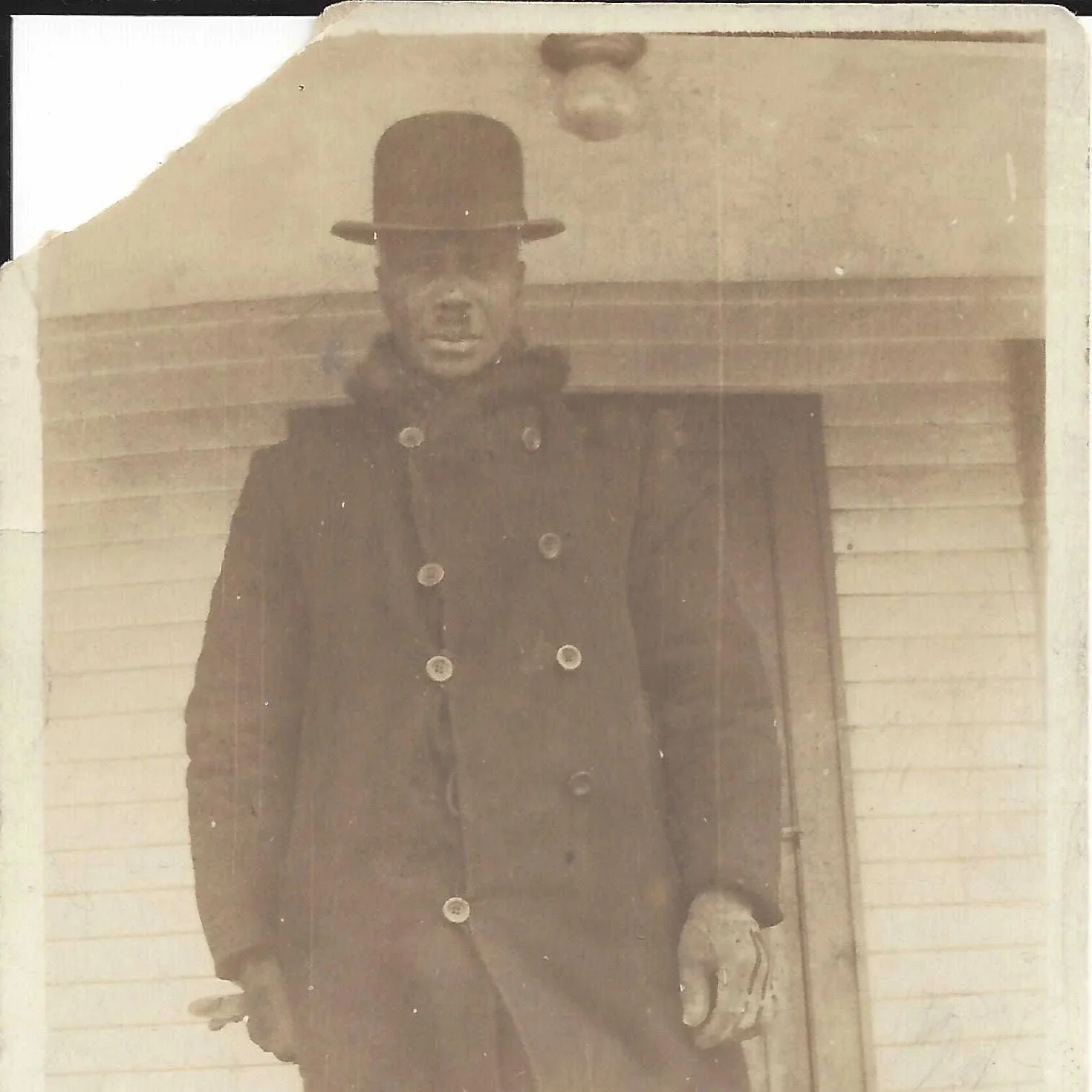Writing A Book for Children: Tips From the Experts
/Writing a book for children is not the same as writing for adults. The style, structure, and general tone of writing have to be different when targeting this audience because although they are able readers, their attention span is short and comprehension levels can be simple. Whether you're a parent wanting to write a picture book your child will love or a teacher looking to produce a nonfiction reading text in an engaging way, take note of these tips from published authors who know what it takes to make great literature for children.
Peer Review
This review process not only helps you ensure your work is well-crafted before submitting it to agents or publishers but also that it's pitched in the best possible way.
"There are many benefits to getting your book published traditionally," says Penelope Dwek, author of over 35 books for children, including the new Usborne Activity Book. "For one thing, you have a publishing house behind you that can help get the word out."
Dwek recommends studying other people's work in your chosen field and contacting authors with similar titles to find out how they got their books published. This is great advice--not only will this give you invaluable insight into what publishers like (and don't like), but it'll also boost your chances of creating future connections in the industry. If you are currently targeting the local or domestic market like the USA, and you are also considering going international, you can choose neighboring Canada as your test international market. Having connections there allows you to get to various children’s book publishing in Canada that you may work with in the future. There are some advantages of having your book published in a foreign country. For one, you can diversify and expand your revenue with a minimum upfront cost. Also, you are gearing your book for international exposure.
Expert tip: If finding an agent or publisher isn't easy in the beginning, consider crowdfunding through websites like Kickstarter. Not only can this help you get your work off the ground, but it's another opportunity to connect with other writers and form mutually beneficial relationships.
Making Connections
"I was really lucky to have a friend who is also an editor," says Debbie Ridpath Ohi, author of multiple books for children, including the popular series The Limericks. "She gave me some great tips about what I needed to do--like getting my first draft out as quickly as possible because that's when your ideas are fresh."
Ohi went on to recommend reading your story aloud at least 20 times, noting how much it helps you spot typos and mistakes along the way. This is something she did herself during her time working for magazines to avoid missing mistakes--and it's great advice for novice writers who want to increase the quality of their work. Developing a quality-centered mindset will benefit novice writers as they mature in the writing business.
"It also helps you get a sense of how long your text is," adds Ohi. "In magazines, you have to write 50 words or fewer, but whenever I wanted to include more, my editor would say, 'Ok Debbie, but can you cut this down a little?' Sometimes I even had to go back and take things out, so the story was brief enough."
Expert tip: If possible, show your work to as many people as possible before submitting it. Not only will this give you another perspective on what needs tweaking (or cutting completely), but it shows that other people value your writing and are willing to invest their time in helping you perfect it.
Visualization and Planning
This is a major aspect of writing for children as opposed to adults because they can't process as much information as quickly, so if your texts are full of flowery sentences or complicated words they may not be able to follow along with them.
"In terms of how you visualize, this is about being able to think on the level that a child brings to a new story," says Elisabeth Graham, author of over 30 books, including the new Animal Rescue Adventures volumes 1 and 2 . "Children have great imaginations, but there's also a lot going on around them."
Graham recommends asking yourself questions such as: What does my protagonist look like? How do they feel? What do they want?
"It's no surprise that a lot of children look up to the hero in a story, so you have to think very carefully about who your protagonist is," she adds. "You also need to understand that they're going to get into trouble and what will happen if they don't succeed."
Expert tip: If you still feel overwhelmed after planning out your plot, Graham recommends writing character biographies for each main character. This is great advice because it helps you get an idea of their motivations, how they might react in certain scenarios, and how this will affect the storyline as a whole.
Revising Your Work
This is one of the most important parts of getting published (without needing any special connections) because it's the only way to ensure that your book is as perfect as possible.
"When you have your first draft, you need to go through it again and again with a pen in hand," says Ohi. "Take big sheets of paper with you so that when you spot something with which you don't agree, you can quickly jot down notes."
This is incredibly important because if there are mistakes or plot holes left unfixed. These can severely detract from the quality of your work--and this isn't something any writer wants (either for themselves or their audience).
Expert tip: If making revisions on your own seems like too much work (or more than one revision), consider hiring an editor to help ease the burden and ensure that your book is as high-quality as possible. Bear in mind, however, that this isn't something you want to skimp on because it can be the difference between getting published or not. Also, if you're unsure about the proper usage of words like affect vs effect, an editor can help clarify their definitions and ensure they're used correctly throughout your manuscript.
Although writing a book for children is certainly more challenging than writing for adults, it's also incredibly rewarding--and it comes with some great benefits. Once you've finished your book, there are plenty of ways to get feedback from other people (even if they're only friends and family) so you can make revisions before submitting your work to an agent/editor. And the best part? When you do finally publish, all those publication fees will go directly toward buying your first box of pencils for donations! What could be better?
Writing a children's book is challenging but rewarding. Make sure to show your work to others, plan out plots thoroughly, and revise repeatedly. Finally, when you do publish, make sure to donate some of your profits!












